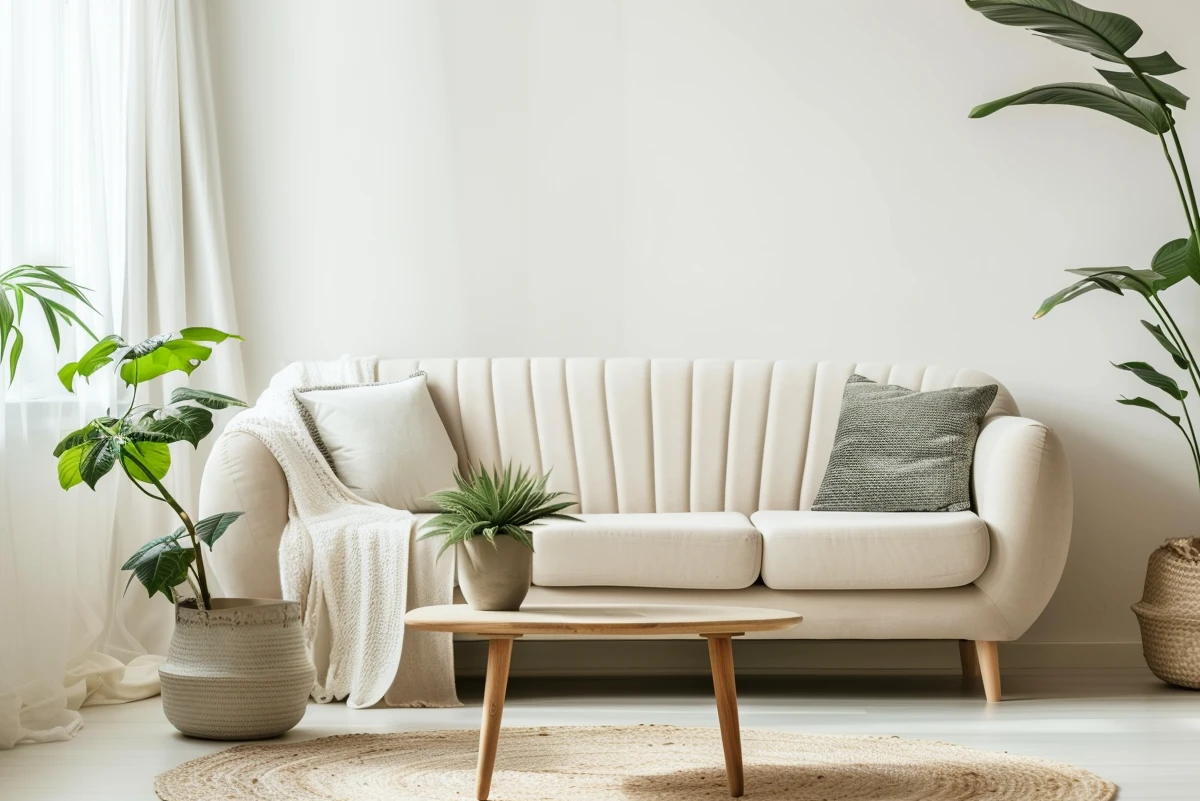In a world constantly pushing us to buy more and accumulate more, minimalism offers a refreshing perspective. By embracing minimalism, you can simplify your life, reduce stress, and most importantly, save money. Here’s how less stuff can lead to more savings:
Understanding Minimalism
Minimalism isn’t just about owning fewer things; it’s about making intentional choices that add value to your life. It’s about prioritizing quality over quantity and focusing on what truly matters. By eliminating the non-essential, you create space for what brings you joy and fulfillment.
The Financial Benefits of Minimalism
1
Reduced Impulse Spending
When you adopt a minimalist mindset, you become more discerning about your purchases. Instead of buying on impulse, you think critically about whether a new item will truly add value to your life. This mindfulness can significantly reduce unnecessary spending.
2
Lower Maintenance Costs
Owning fewer things means spending less on maintenance, repairs, and replacements. For example, if you have a smaller wardrobe, you’ll spend less on dry cleaning and storage. Fewer gadgets and appliances mean fewer repairs and upgrades.
3
Smaller Living Spaces
With fewer possessions, you don’t need as much space. This can lead to significant savings on housing costs, whether through lower rent or reduced mortgage payments. A smaller home also means lower utility bills and less furniture to buy.
4
Focus on Quality
Minimalists often choose quality over quantity. While high-quality items might cost more upfront, they tend to last longer, saving you money in the long run. This principle applies to everything from clothing to furniture to electronics.
Practical Steps to Embrace Minimalism and Save Money
1
Declutter Your Space
Start by decluttering your home. Go through each room and identify items you no longer need or use. Sell, donate, or recycle these items. Not only will this free up space, but it can also provide a little extra cash from selling unwanted items.
2
Mindful Shopping
Before making a purchase, ask yourself if the item is something you truly need and if it will add value to your life. Consider waiting a few days before buying to see if the desire passes. This pause can prevent many impulse buys.
3
Simplify Your Wardrobe
Create a capsule wardrobe with versatile, high-quality pieces that you love and wear regularly. This reduces the need for a large number of clothes and makes getting dressed each day easier and more enjoyable.
4
Digital Minimalism
Apply minimalism to your digital life as well. Unsubscribe from promotional emails and unfollow social media accounts that encourage consumerism. This can help reduce the temptation to buy unnecessary items.
5
Embrace Experiences Over Things
Focus on spending your money on experiences rather than material possessions. Experiences, such as travel or spending time with loved ones, often bring more lasting happiness than buying new things.
The Psychological Benefits
Aside from financial savings, minimalism offers psychological benefits. A clutter-free space can reduce stress and increase productivity. By focusing on what truly matters, you can lead a more intentional and fulfilling life.
Conclusion
Minimalism is more than just a trend; it’s a lifestyle choice that can lead to significant financial savings and improved well-being. By embracing minimalism, you can break free from the cycle of consumerism, reduce your expenses, and focus on what truly matters in life. Start your journey towards minimalism today, and discover the freedom and savings that come with owning less.



